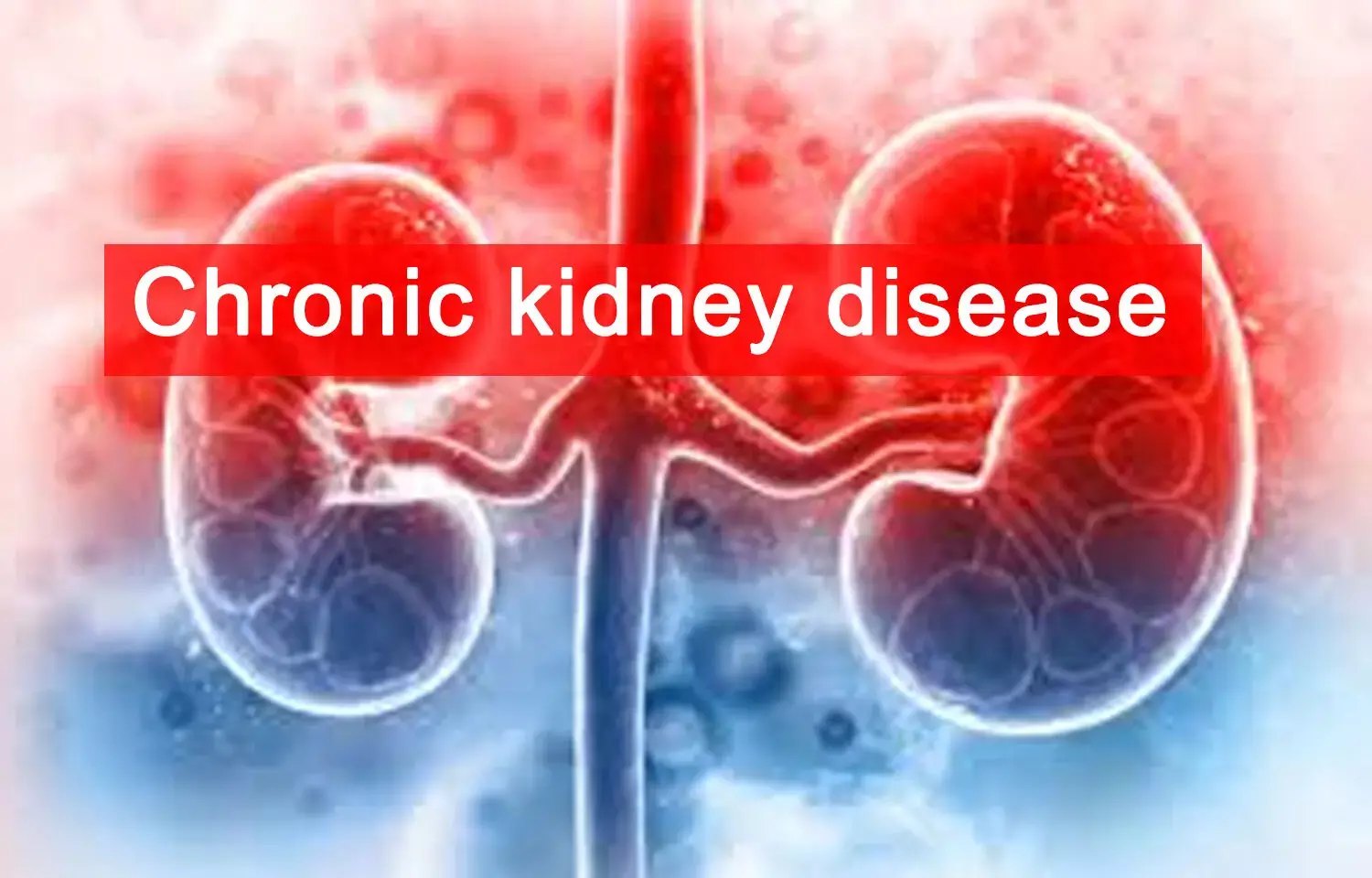- Home
- Medical news & Guidelines
- Anesthesiology
- Cardiology and CTVS
- Critical Care
- Dentistry
- Dermatology
- Diabetes and Endocrinology
- ENT
- Gastroenterology
- Medicine
- Nephrology
- Neurology
- Obstretics-Gynaecology
- Oncology
- Ophthalmology
- Orthopaedics
- Pediatrics-Neonatology
- Psychiatry
- Pulmonology
- Radiology
- Surgery
- Urology
- Laboratory Medicine
- Diet
- Nursing
- Paramedical
- Physiotherapy
- Health news
- Fact Check
- Bone Health Fact Check
- Brain Health Fact Check
- Cancer Related Fact Check
- Child Care Fact Check
- Dental and oral health fact check
- Diabetes and metabolic health fact check
- Diet and Nutrition Fact Check
- Eye and ENT Care Fact Check
- Fitness fact check
- Gut health fact check
- Heart health fact check
- Kidney health fact check
- Medical education fact check
- Men's health fact check
- Respiratory fact check
- Skin and hair care fact check
- Vaccine and Immunization fact check
- Women's health fact check
- AYUSH
- State News
- Andaman and Nicobar Islands
- Andhra Pradesh
- Arunachal Pradesh
- Assam
- Bihar
- Chandigarh
- Chattisgarh
- Dadra and Nagar Haveli
- Daman and Diu
- Delhi
- Goa
- Gujarat
- Haryana
- Himachal Pradesh
- Jammu & Kashmir
- Jharkhand
- Karnataka
- Kerala
- Ladakh
- Lakshadweep
- Madhya Pradesh
- Maharashtra
- Manipur
- Meghalaya
- Mizoram
- Nagaland
- Odisha
- Puducherry
- Punjab
- Rajasthan
- Sikkim
- Tamil Nadu
- Telangana
- Tripura
- Uttar Pradesh
- Uttrakhand
- West Bengal
- Medical Education
- Industry
CKD patients who forego dialysis may have long survival with sustained QOL: JAMA

USA: A recent review in JAMA Network Open has described long-term outcomes of patients with advanced chronic kidney disease (CKD) who do not pursue maintenance dialysis. It revealed that many patients who do forgo maintenance dialysis survived several years and experienced sustained quality of life till late in the course of their illness.
"The use of acute care services was found to be common and the intensity of end-of-life care had high variability cross cohorts," Susan P. Y. Wong, Division of Nephrology, University of Washington, Seattle, and colleagues wrote in their study. "Our findings suggests that there is a need for consistent approaches to the study of conservative kidney management to enhance the generalizability of findings and develop models of care to optimize outcomes among conservatively managed patients."
Conservative kidney management is a planned, person-centered, and holistic approach for patients with stages 4 to 5 advanced chronic kidney disease who do not desire to pursue maintenance dialysis. Thereby, in order to improve decision-making and care practices for this population, there is a need to understand the long-term outcomes advanced CKD patients not treated with maintenance dialysis.
Considering the need described above, Dr. Wong and colleagues aimed to evaluate survival, use of health care resources, changes in quality of life, and end-of-life care of patients with advanced kidney disease who forgo dialysis.
For this purpose, the researchers searched MEDLINE, Embase (Excerpta Medica Database), and CINAHL (Cumulative Index of Nursing and Allied Health Literature) from inception through December 3, 2021 including all English language longitudinal studies of adults in whom there was an explicit decision not to pursue maintenance dialysis.
Two investigators independently reviewed all studies and selected those reporting survival, changes in quality of life, use of health care resources, or end-of-life care during follow-up. Those studies were excluded in whom studies of patients who initiated and then discontinued maintenance dialysis and patients in whom it was not clear that there was an explicit decision to forgo dialysis. All study data was abstracted by one author, of which 12% was independently adjudicated by a second author (<1% error rate).
The systematic review included forty-one cohort studies comprising 5102 patients (range, 11-812 patients) (5%-99% men; mean age range, 60-87 years).
Following were the key findings of the study:
- Substantial heterogeneity in study designs and measures used to report outcomes limited comparability across studies.
- Median survival of cohorts ranged from 1 to 41 months as measured from a baseline mean estimated glomerular filtration rate ranging from 7 to 19 mL/min/1.73 m2.
- Patients generally experienced 1 to 2 hospital admissions, 6 to 16 in-hospital days, 7 to 8 clinic visits, and 2 emergency department visits per person-year.
- During an observation period of 8 to 24 months, mental well-being improved, and physical well-being and overall quality of life were largely stable until late in the illness course.
- Among patients who died during follow-up, 20% to 76% had enrolled in hospice, 27% to 68% died in a hospital setting and 12% to 71% died at home; 57% to 76% were hospitalized, and 4% to 47% received an invasive procedure during the final month of life.
To conclude, findings suggest that advances in research and health care delivery are needed to optimize outcomes among patients who are not treated with dialysis.
Reference:
Wong SPY, Rubenzik T, Zelnick L, et al. Long-term Outcomes Among Patients With Advanced Kidney Disease Who Forgo Maintenance Dialysis: A Systematic Review. JAMA Netw Open. 2022;5(3):e222255. doi:10.1001/jamanetworkopen.2022.2255
KEYWORDS: JAMA, dialysis, chronic kidney disease, CKD, advanced kidney disease, conservative kidney management, Susan P Y Wong, end of life care, quality of life, survival
Dr Kamal Kant Kohli-MBBS, DTCD- a chest specialist with more than 30 years of practice and a flair for writing clinical articles, Dr Kamal Kant Kohli joined Medical Dialogues as a Chief Editor of Medical News. Besides writing articles, as an editor, he proofreads and verifies all the medical content published on Medical Dialogues including those coming from journals, studies,medical conferences,guidelines etc. Email: drkohli@medicaldialogues.in. Contact no. 011-43720751


